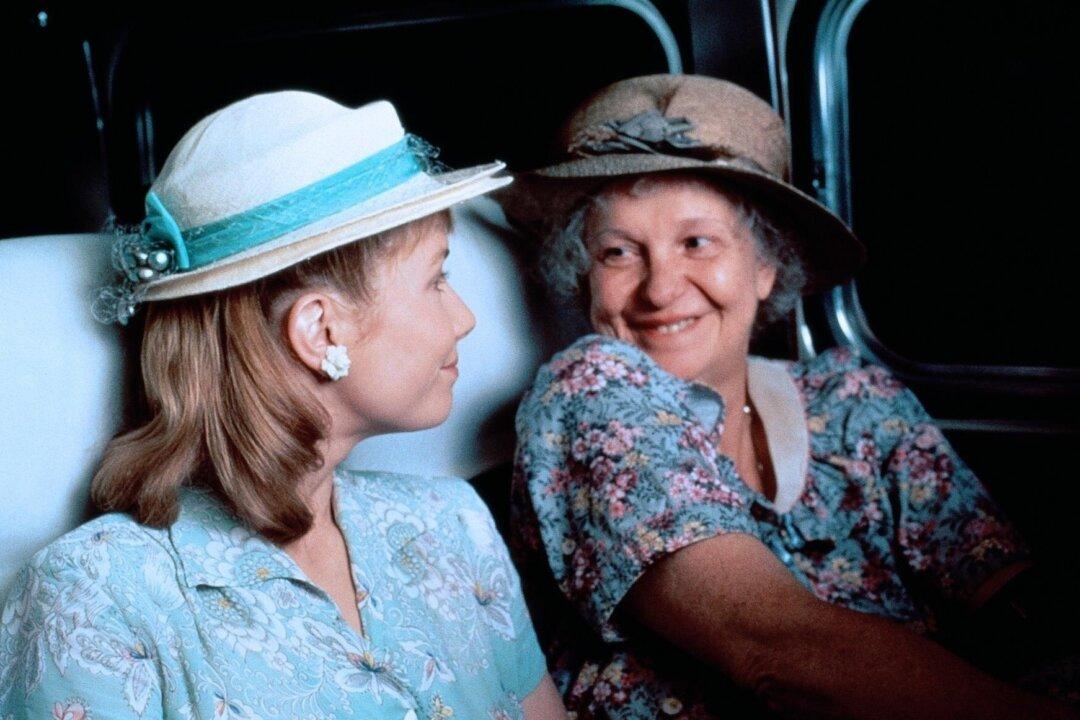Ever wonder why young people say, “I wish” almost as much as older people say, “I remember”? They’re merely betraying how they perceive their past and their future, and how that shapes the way they live their present.
Set in 1940s Texas, “The Trip to Bountiful” (1985) features characters who wonder how they might savor life better. They could soak in more of their present instead of pining for their past or fretting about their future. If they learn to do that, they appear to say they’ll be able to approach inevitable death with fewer sorrowful regrets and at least a few more joyful hopes.





